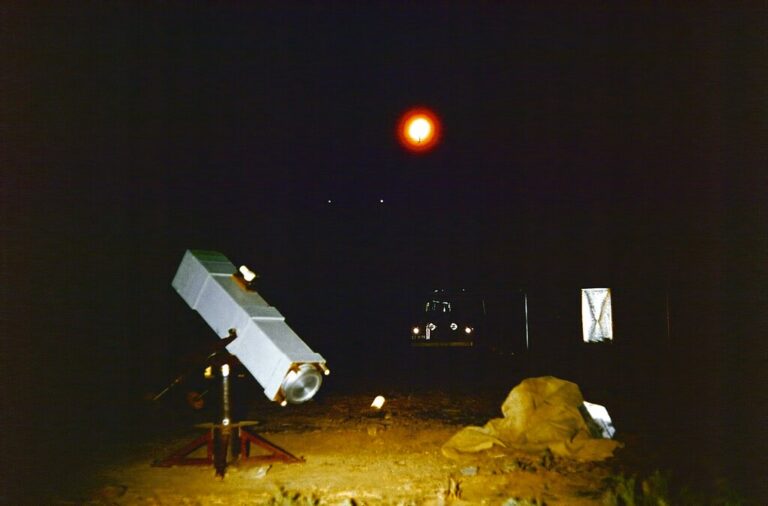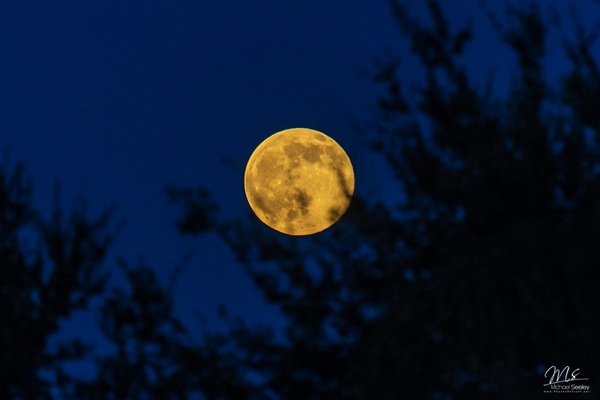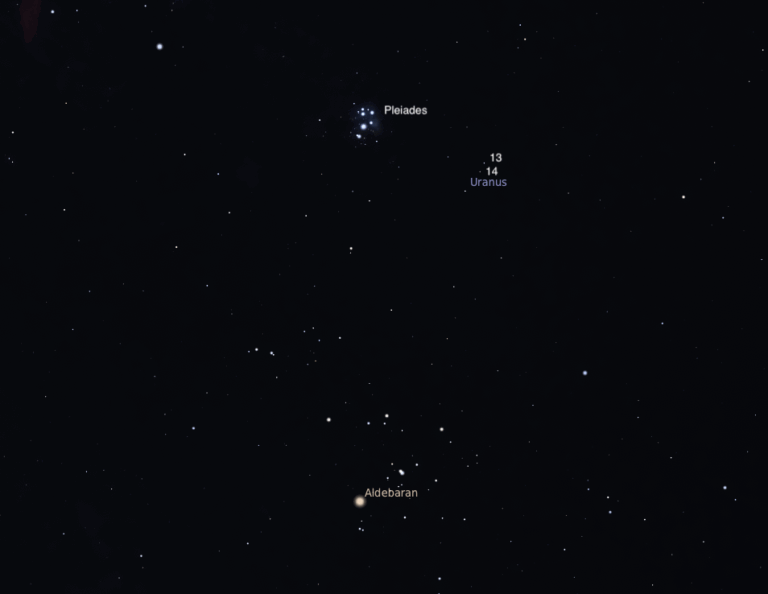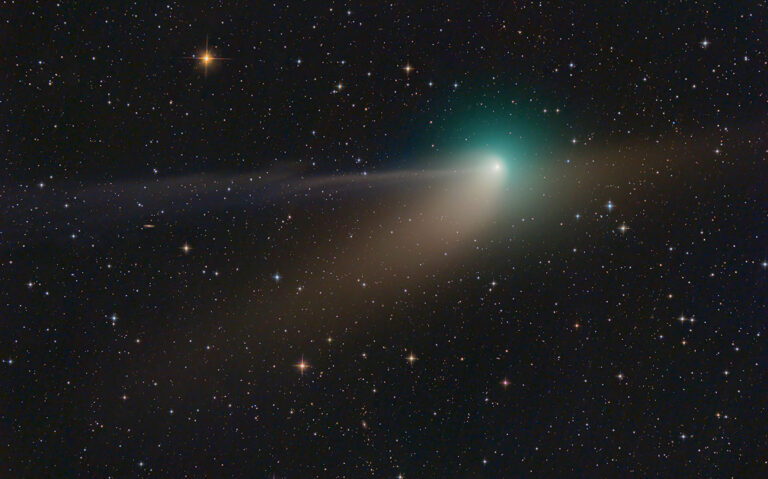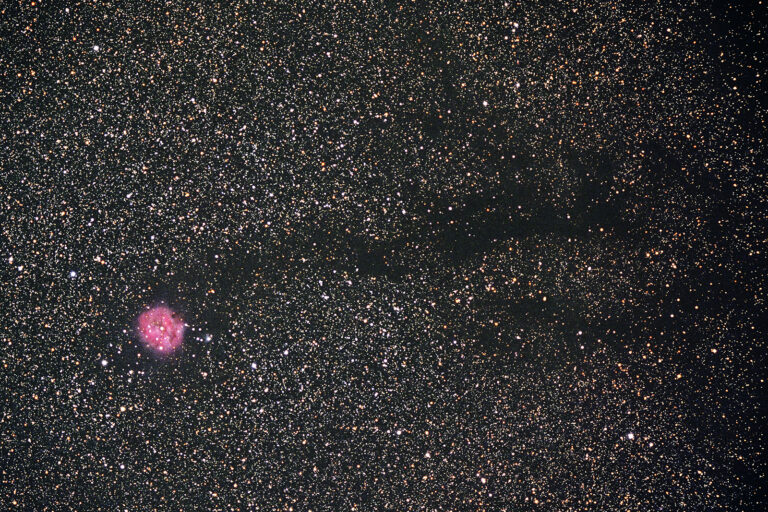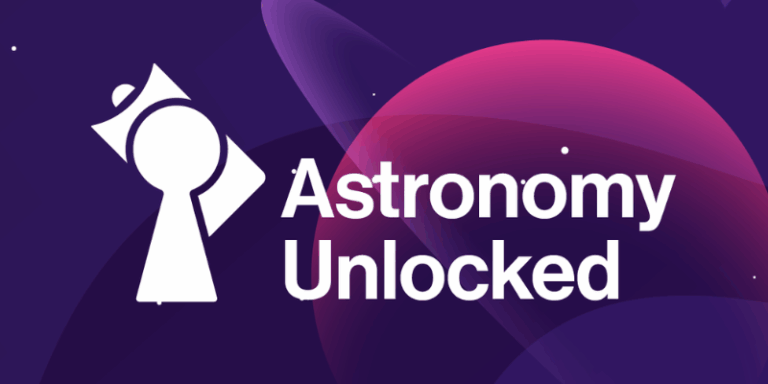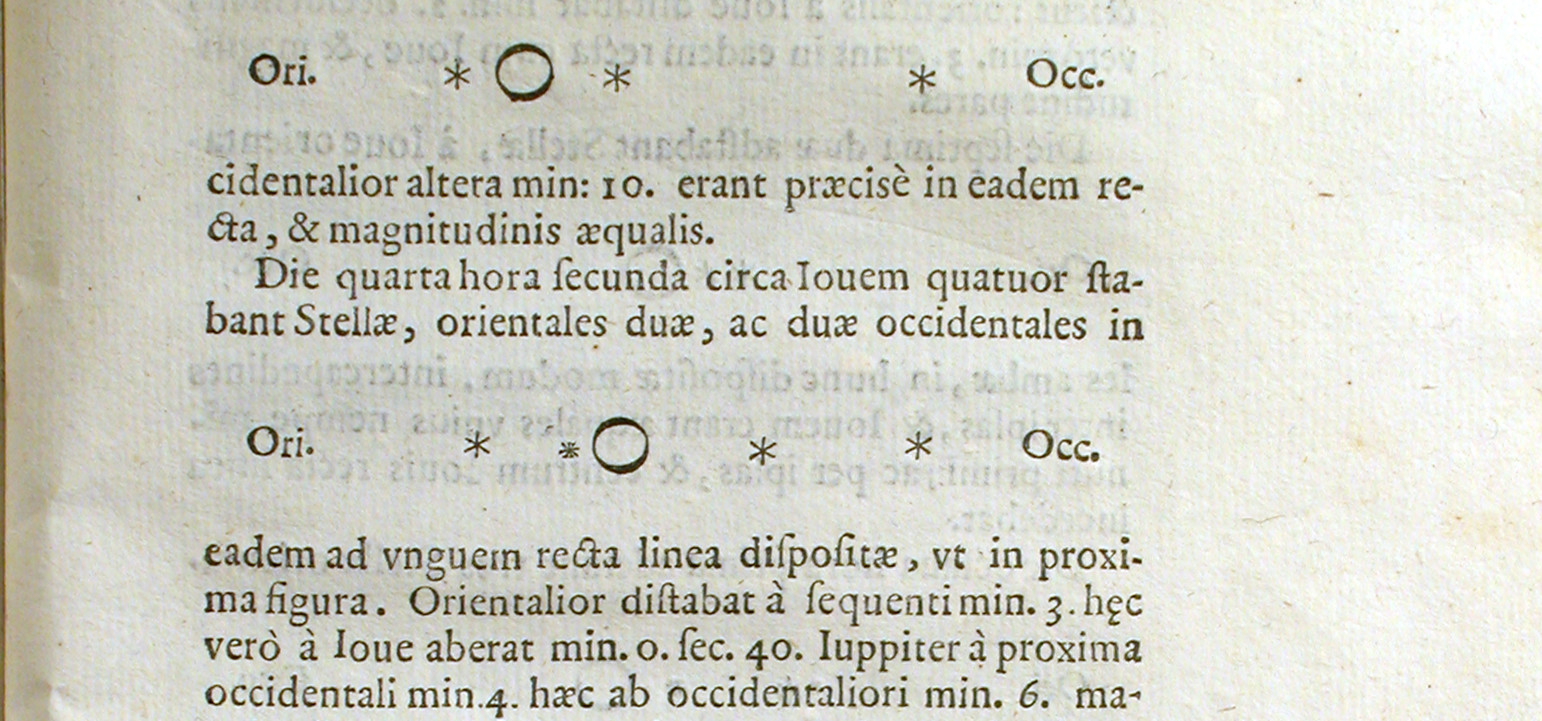
Key Takeaways:
- Systematic observation logging, a historical cornerstone of astronomical discovery from figures like Galileo and Herschel, continues to be a relevant practice for contemporary observers.
- Maintaining an observation log enhances observational focus and detail perception, assists astrophotographers in troubleshooting equipment issues, and enriches engagement with structured observing programs.
- Beyond practical utility, the logbook serves as a personal archive for chronicling individual growth, reflecting on past observations, and documenting unique astronomical experiences.
- Logging methods vary, encompassing typed digital notes for astrophotography (often with integrated media) and handwritten notes for visual observations (frequently digitized), with consistent numbering of observing sessions encouraged.
From Galileo’s meticulous sketches of Jupiter’s moons in 1610 to Caroline Herschel’s handwritten notes of comet discoveries, the history of astronomy is built on careful note-taking. Logbooks with descriptions of as-yet-unknown objects, sketches of Saturn’s rings, and hand-drawn plots of the stars led to numerous discoveries. Today, whether you’re a newcomer scanning the sky with binoculars or a seasoned observer with a telescope, keeping a logbook continues this long tradition, transforming casual stargazing into a personal journey through the universe.
Why to log
Keeping a nightly observation log has multiple benefits.
First, it brings focus to your observing. Taking the time to make notes on what you see rather than just glancing at your favorite objects helps you perceive more of the target and notice features you may have missed before.
Logging notes for an observing program like one from the Astronomical League or while you’re attending a star party introduces you to new targets and shows you new aspects of old favorites. Keep track of other observing details as well — which telescope and eyepiece you used, what the sky and weather conditions were, with whom you observed, where you observed from, and any other pertinent details.
For astrophotographers in particular, keeping notes on equipment issues, solutions to problems, and “aha” moments can help track and solve problems and avoid them in the future. I also like to write down anything interesting that occurred that night, like a bright meteor or a nice pass of the International Space Station.
Keeping a logbook also allows you to reflect on your journey as an astronomer. I love looking back at my old notes and images to appreciate how far I’ve come. My early days of astrophotography were filled with awe and excitement at what I could capture.
One of my favorite notes is from Sept. 2, 2016, my 57th observing night, when I took 10 three-minute images of the Crab Nebula with a DSLR on my Celestron C11 (stacked as soon as I got home that night) and wrote, “Look at the filaments!! LOOK AT THEM!!!” It was terrifically exciting to see such detail that I couldn’t perceive visually. I love reading my solar eclipse notes as well to relive those incredible experiences.
How to log
So how do you keep a logbook? I prefer the ease and organization of typed notes, which works for astrophotographers who are primarily on their computers. This also lets me add photos and screenshots.
But during visual observing, I prefer taking notes by hand, both to preserve my night vision and to allow me to make quick sketches. I digitize those notes later so they’re with the rest of my logbook. Often, I just write down bullet points and expand on them later.
I also like to number any night I pull out a telescope, even if the sky clouds over or equipment fails. This includes outreach events as well. At the time of writing, I have logged 962 nights since July 2015, when I got my first telescope. After my first night out, I decided I might want to keep a logbook — and I’m so glad I did! But even if you have been observing for years without regular note-keeping, it’s never too late to start.
An astronomy logbook is more than just a record. It’s the story of your growth as an astronomer. By regularly writing down your observations, trials, and triumphs, you train your eyes to see more and expand your mind to understand more. Whether it’s a detailed sketch, thinking through an equipment problem, or just recording the stillness of a perfect night, it’s your record. Over time, you’ll write your own story of accomplishment and discovery on your path through the stars.

